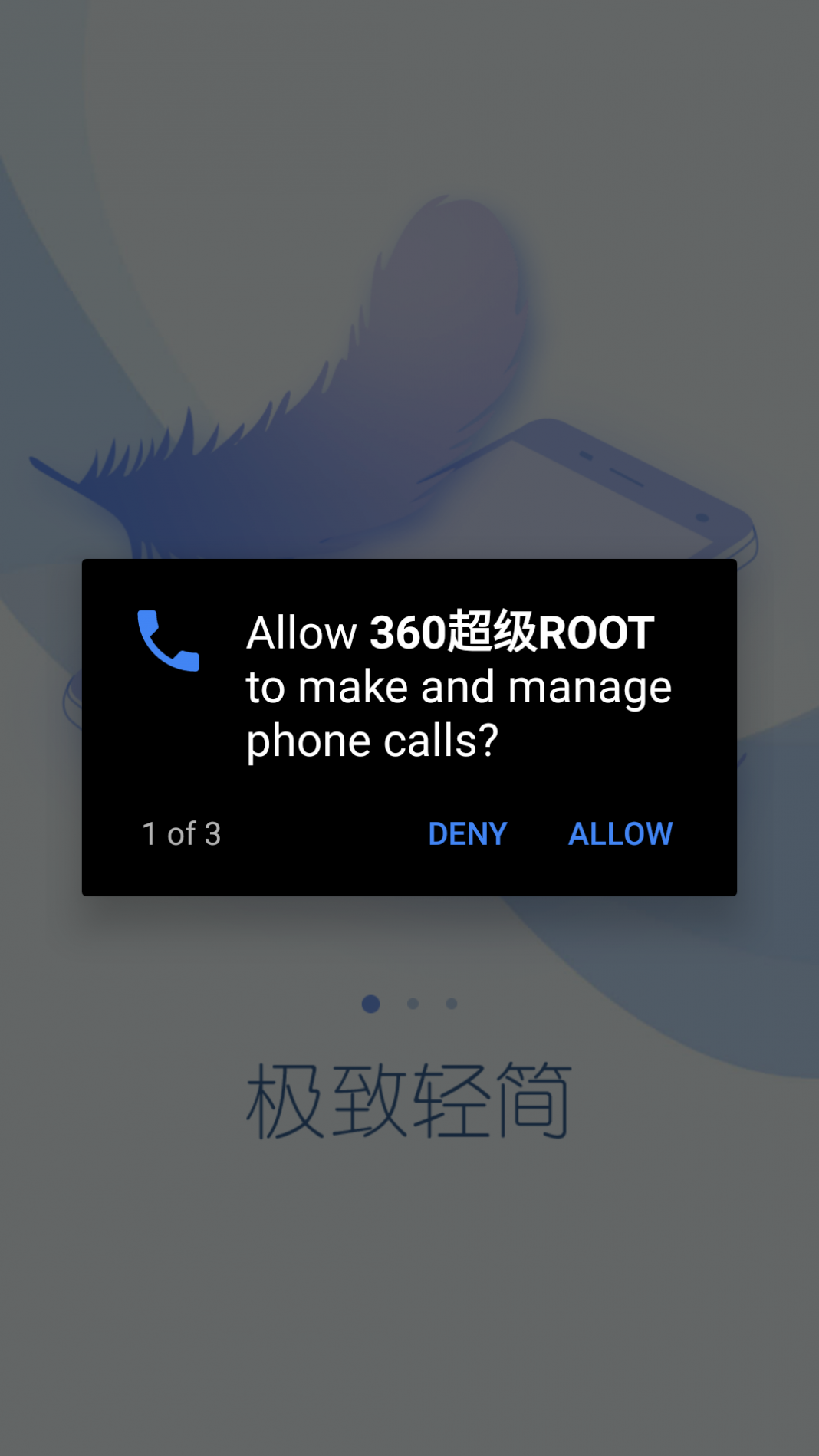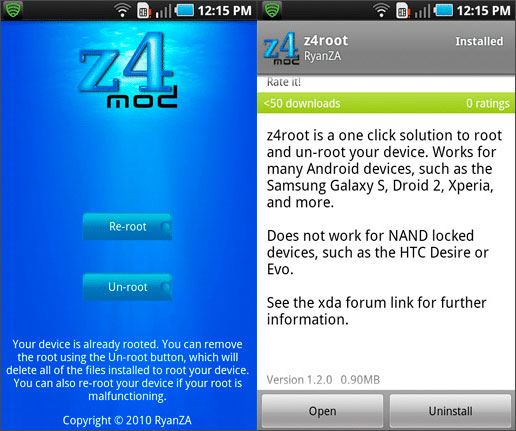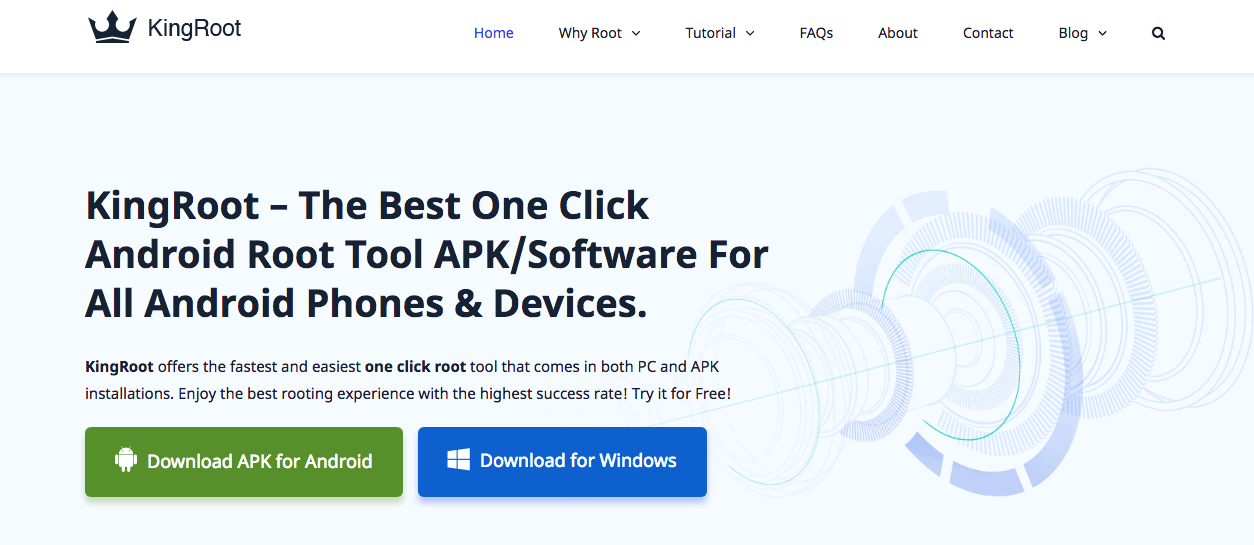

Some apps will let you automatically back up all of your apps and data to the cloud, block web and in-app advertisements, create secure tunnels to the internet, overclock your processor, or make your device a wireless hot spot. There isn’t an overabundance of must-have root apps, but there are enough to make it worthwhile.

Additional benefits include the ability to install specialized tools and flash custom ROMs, each of which can add extra features and improve your phone or tablet’s performance. On some devices, rooting will enable previously disabled settings, like wireless tethering. One of the biggest incentives to root your Android phone is so you can strip away bloatware that’s impossible to uninstall otherwise (although you can sometimes disable it - check out our guide on disabling bloatware). Why would you root? Julian Chokkattu/Digital Trends You must back up your phone’s software before installing - or “flash,” in rooting terms - a custom ROM (a modified version of Android). After rooting, you can access the entire operating system to customize just about anything on your Android device, and you can get around any restrictions that your manufacturer or carrier may have applied. Rooting an Android phone or tablet is akin to jailbreaking an iPhone - basically, it allows you to dive deeper into a phone’s sub-system.


How to root your Android device with multiple programs.Installing the Android SDK Platform Tools.How to prepare your Android device for rooting.


 0 kommentar(er)
0 kommentar(er)
